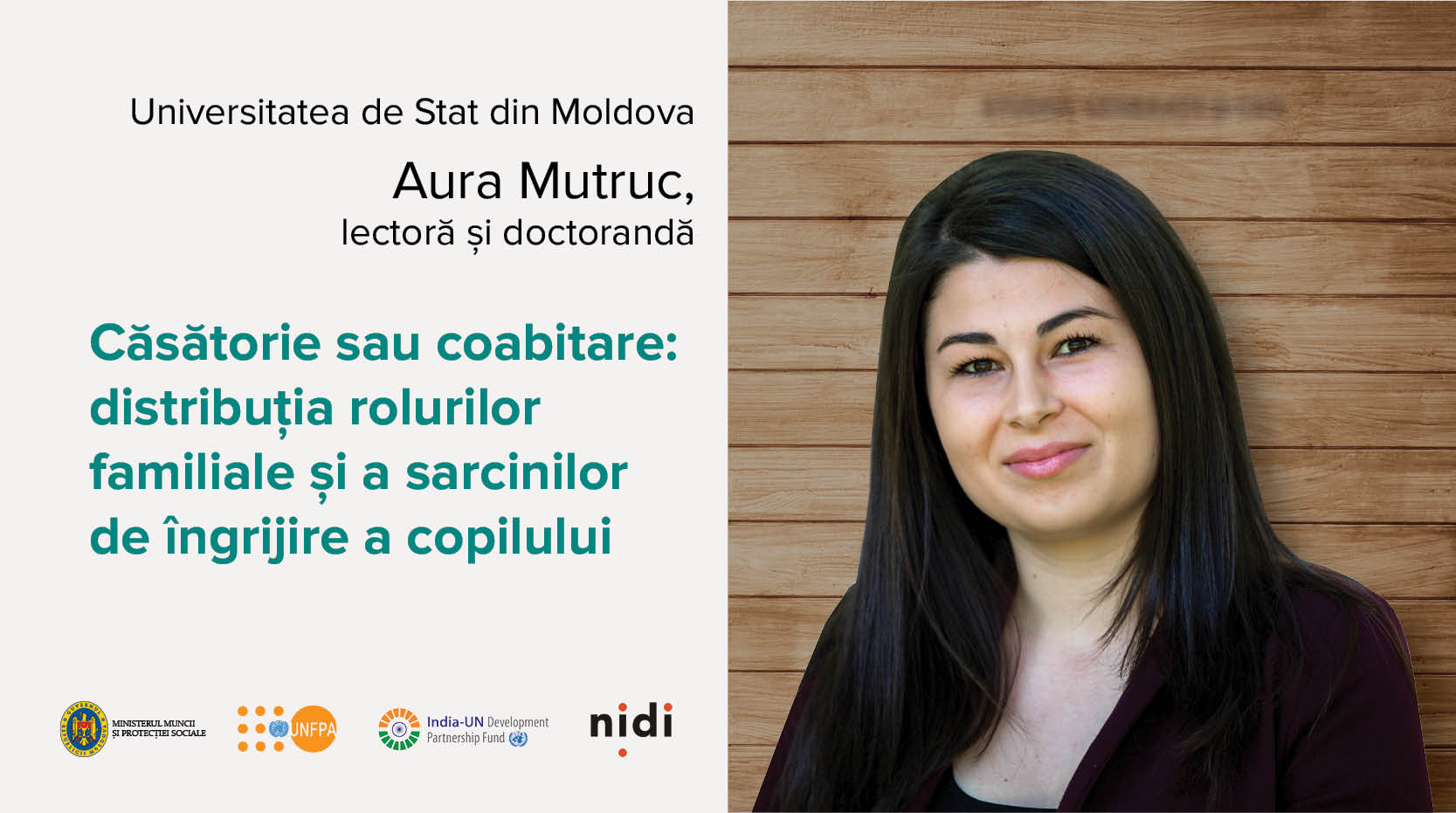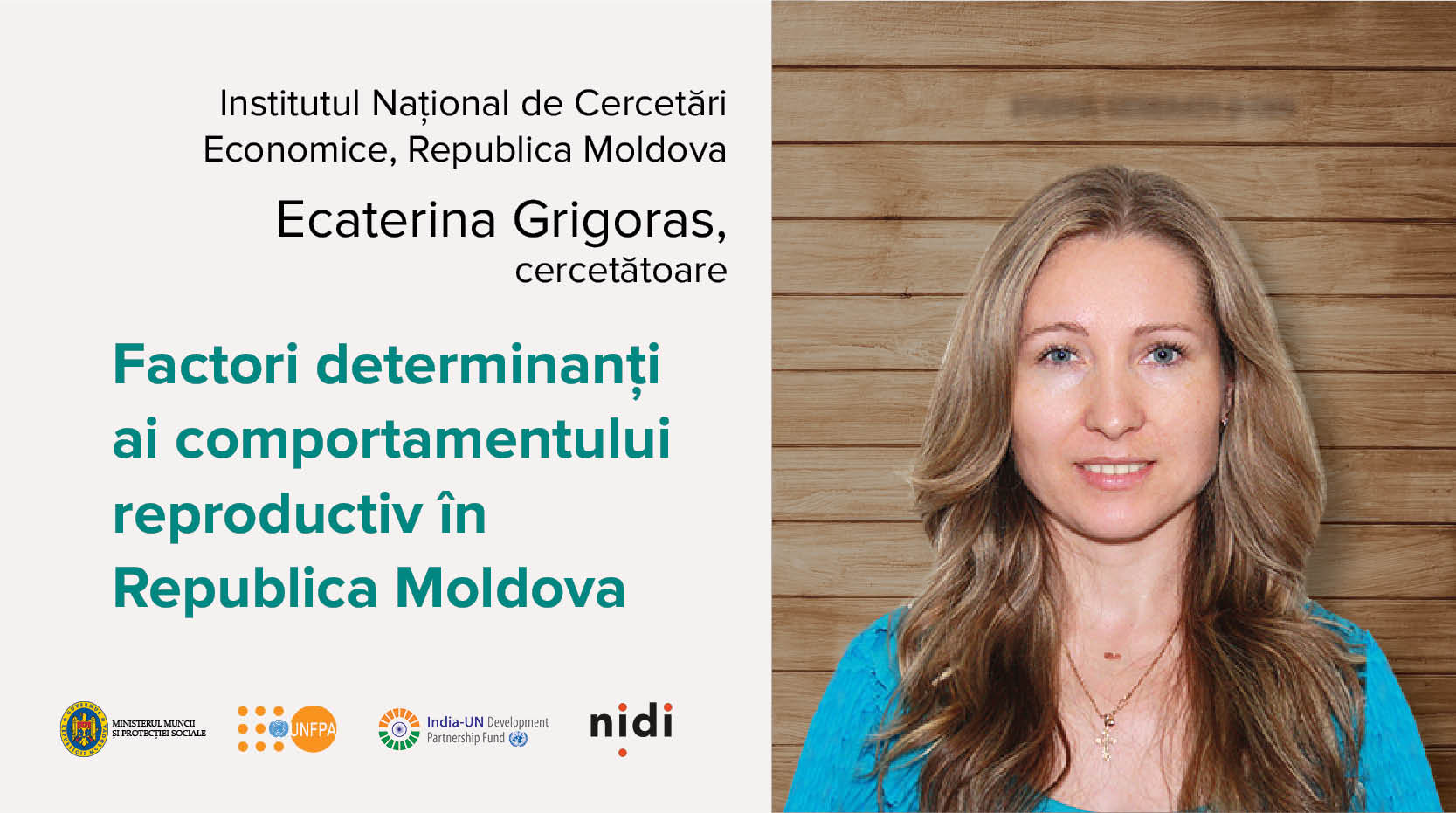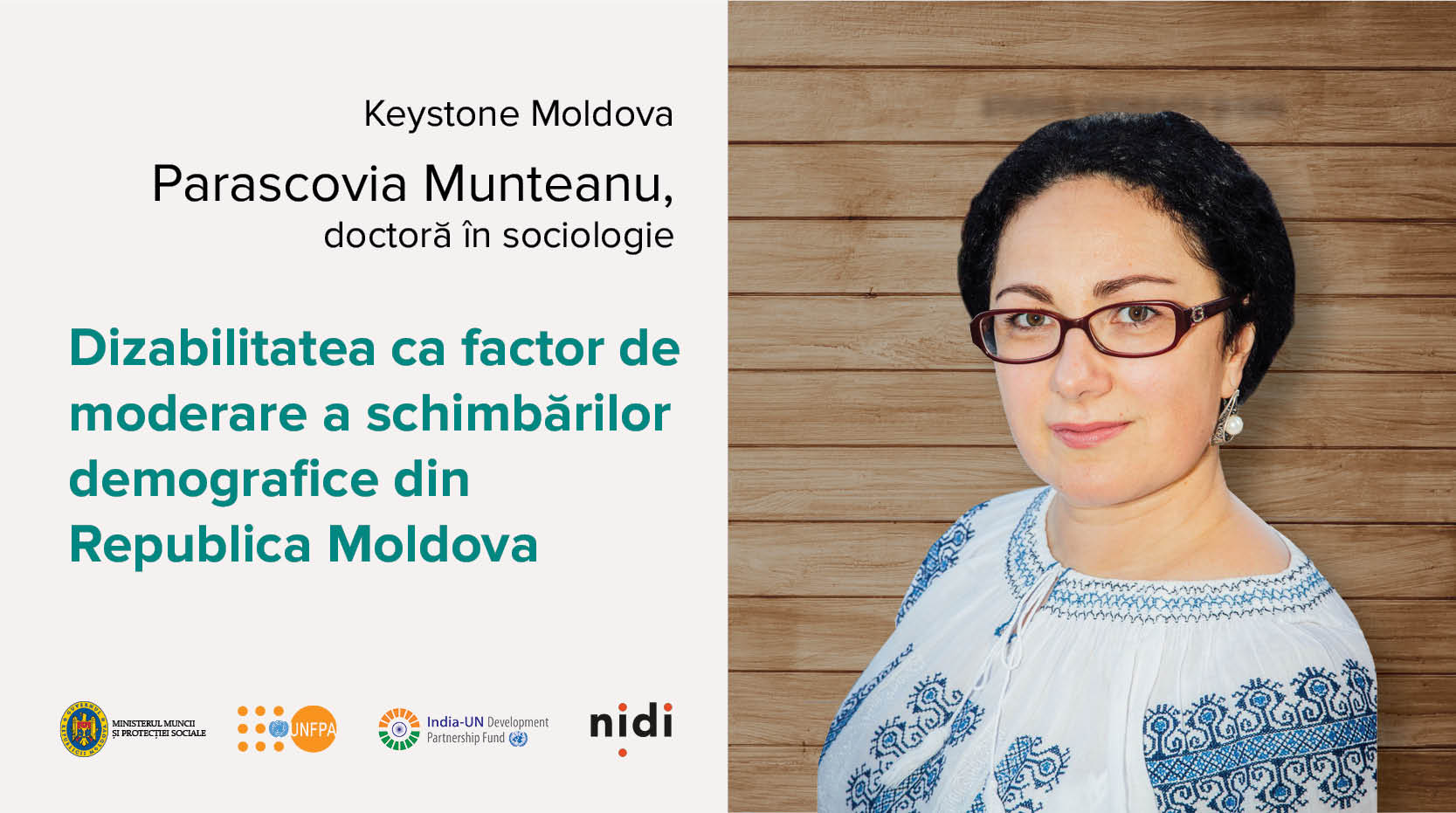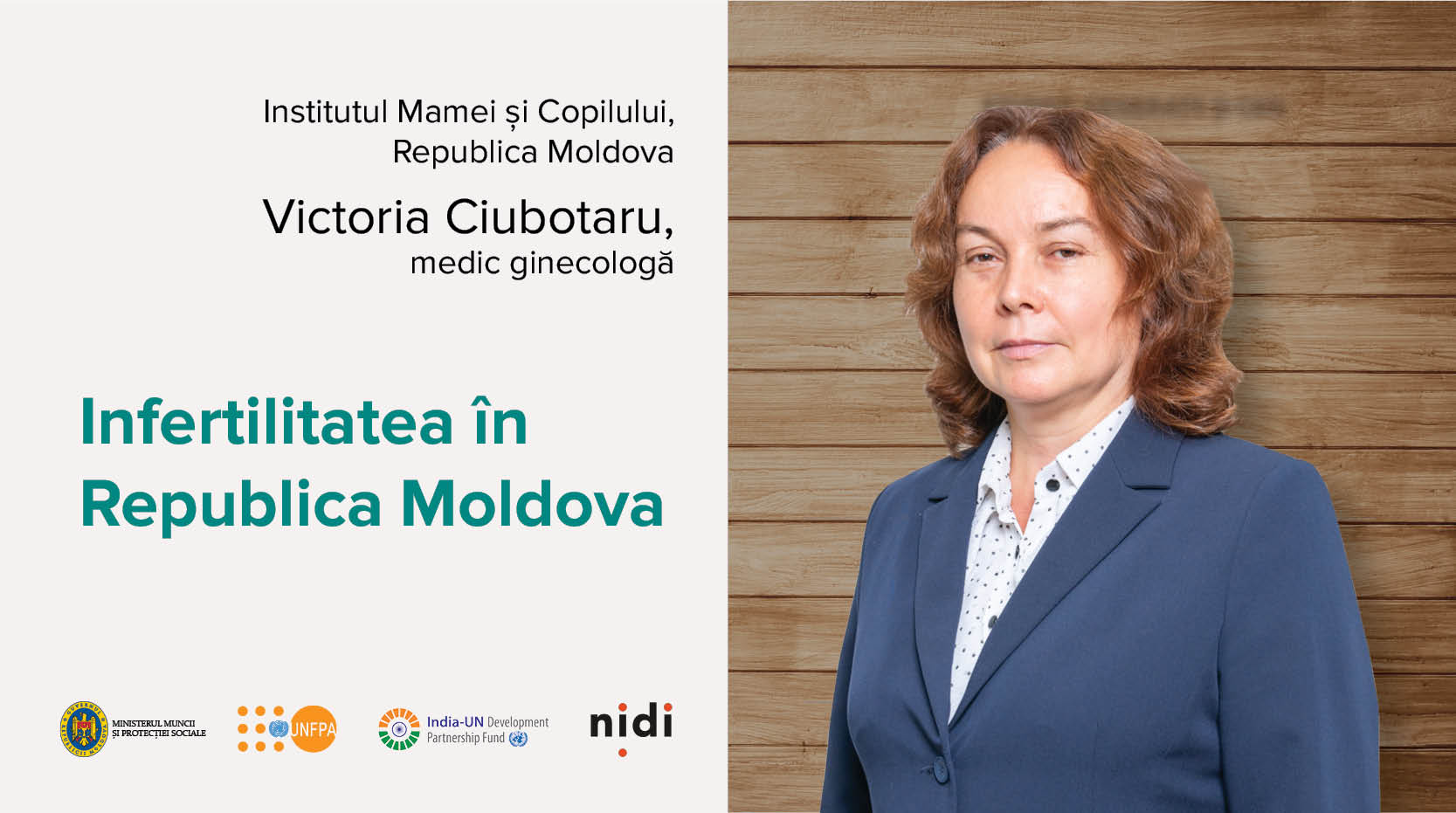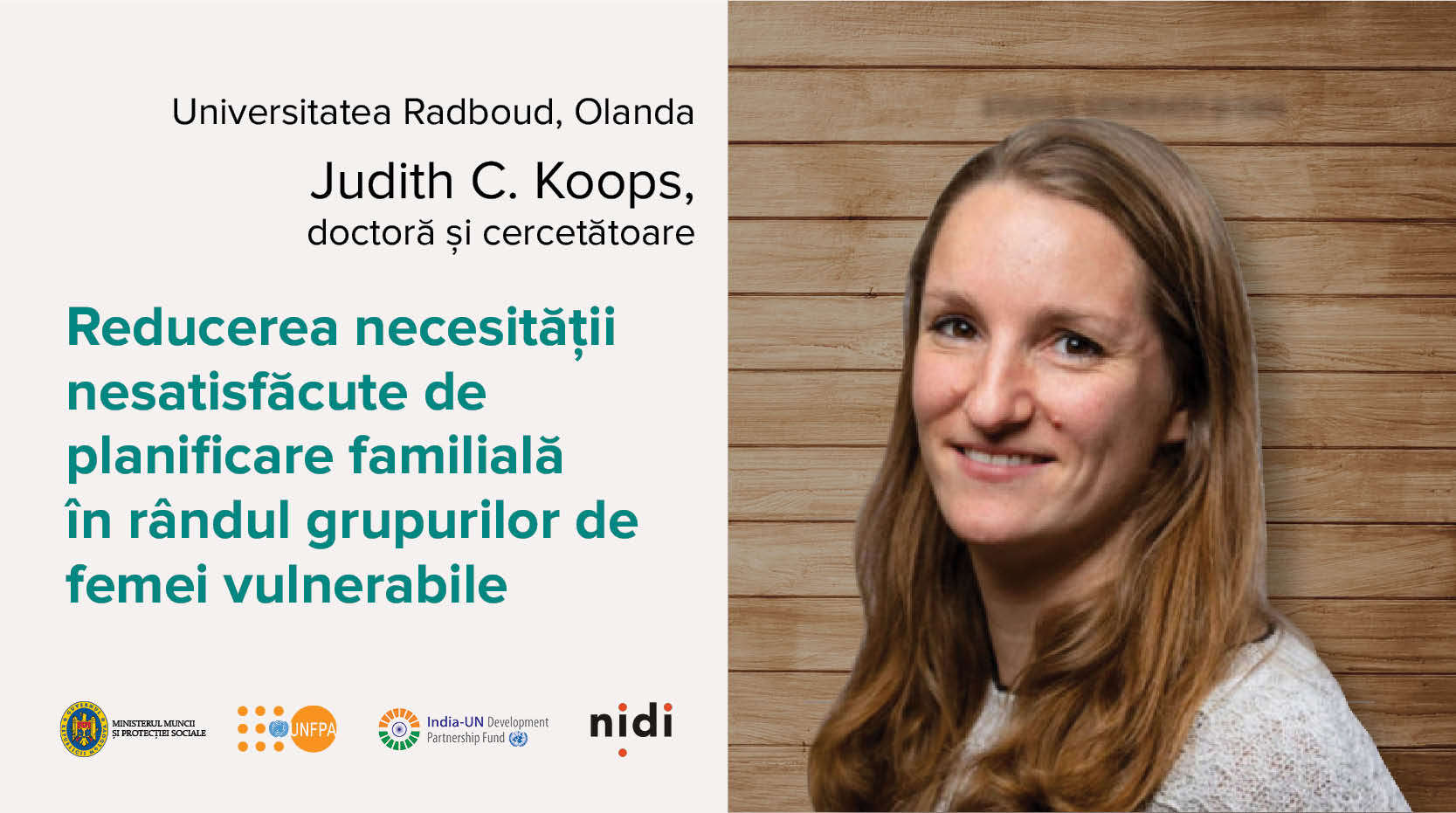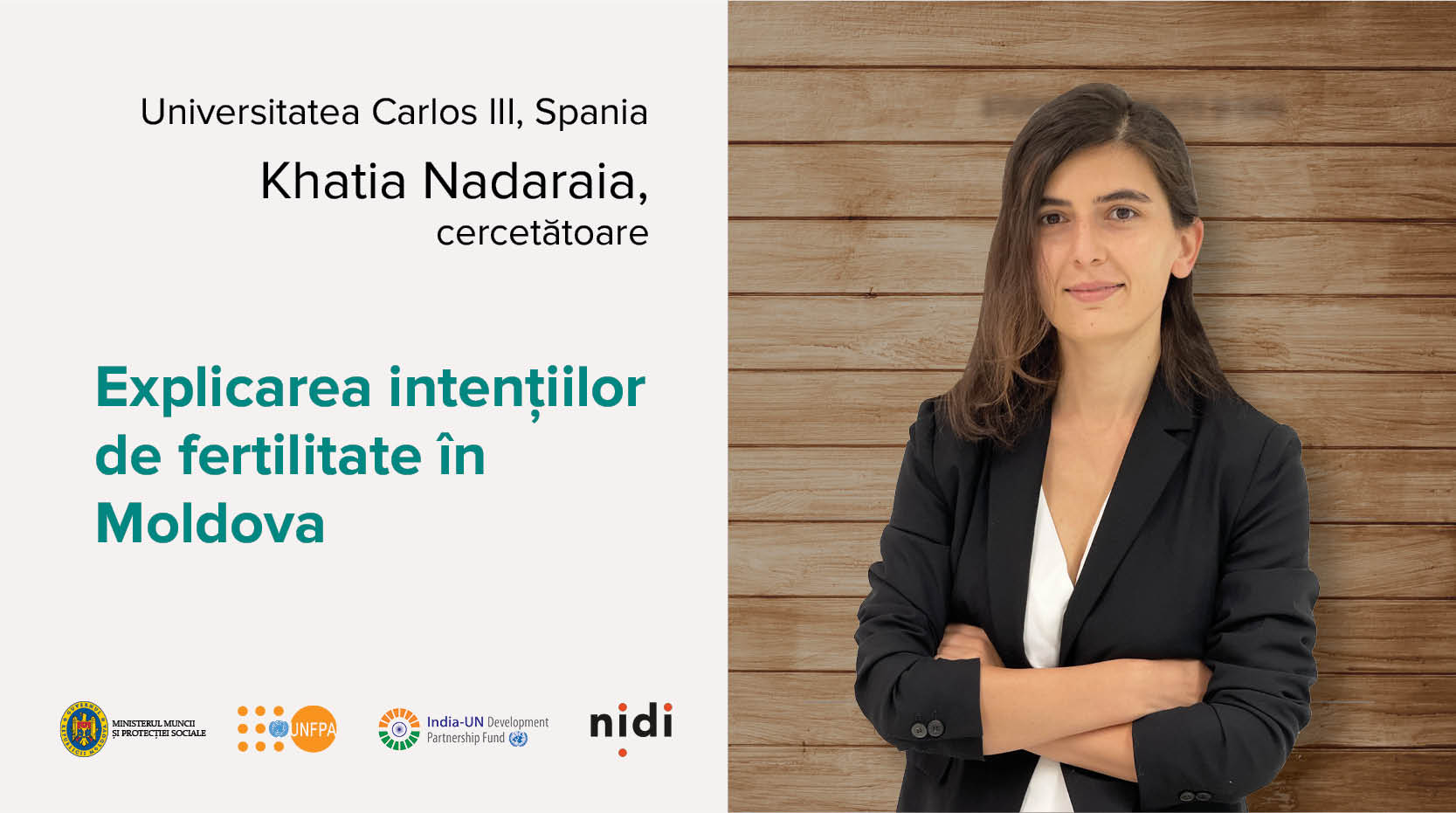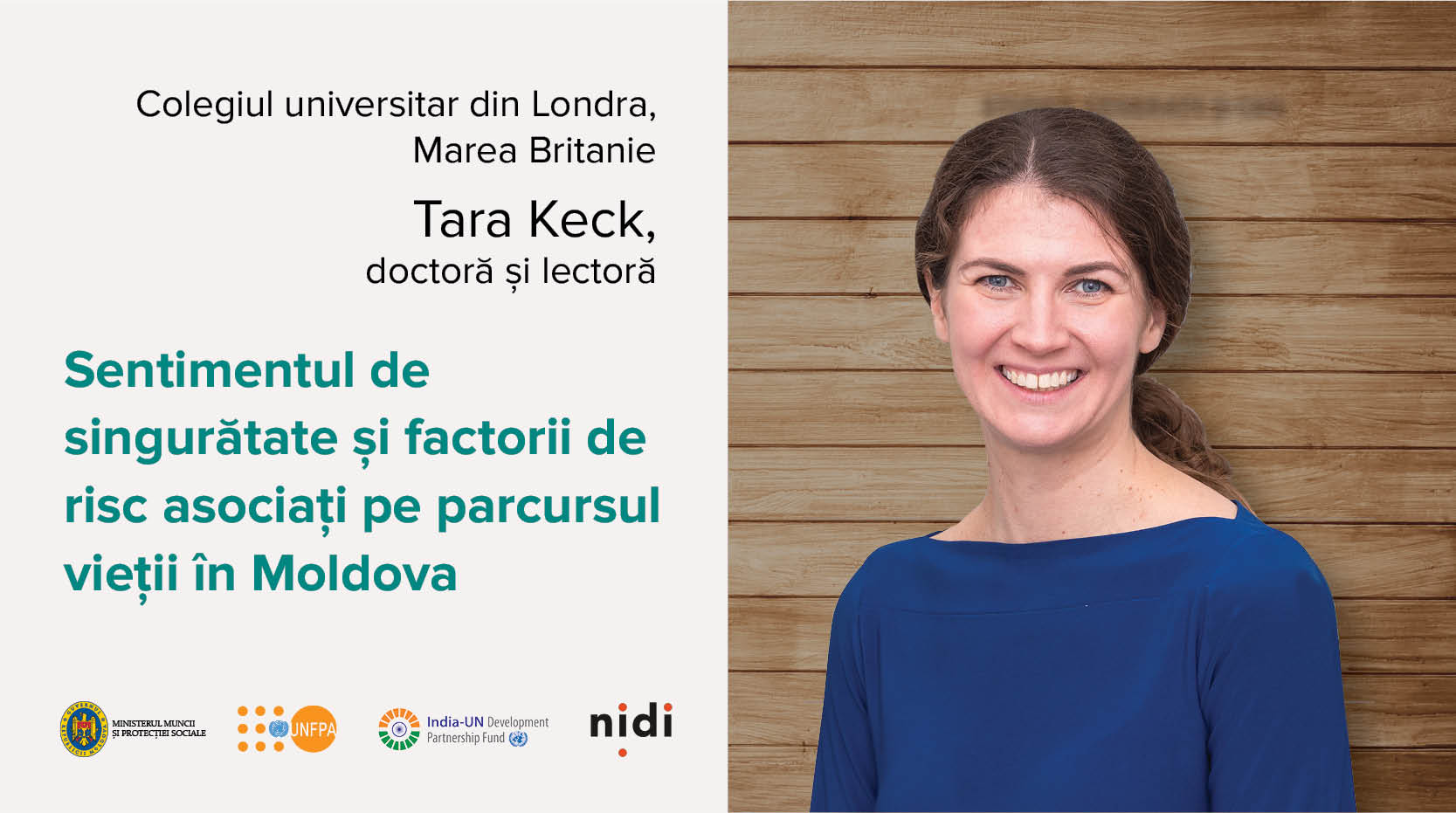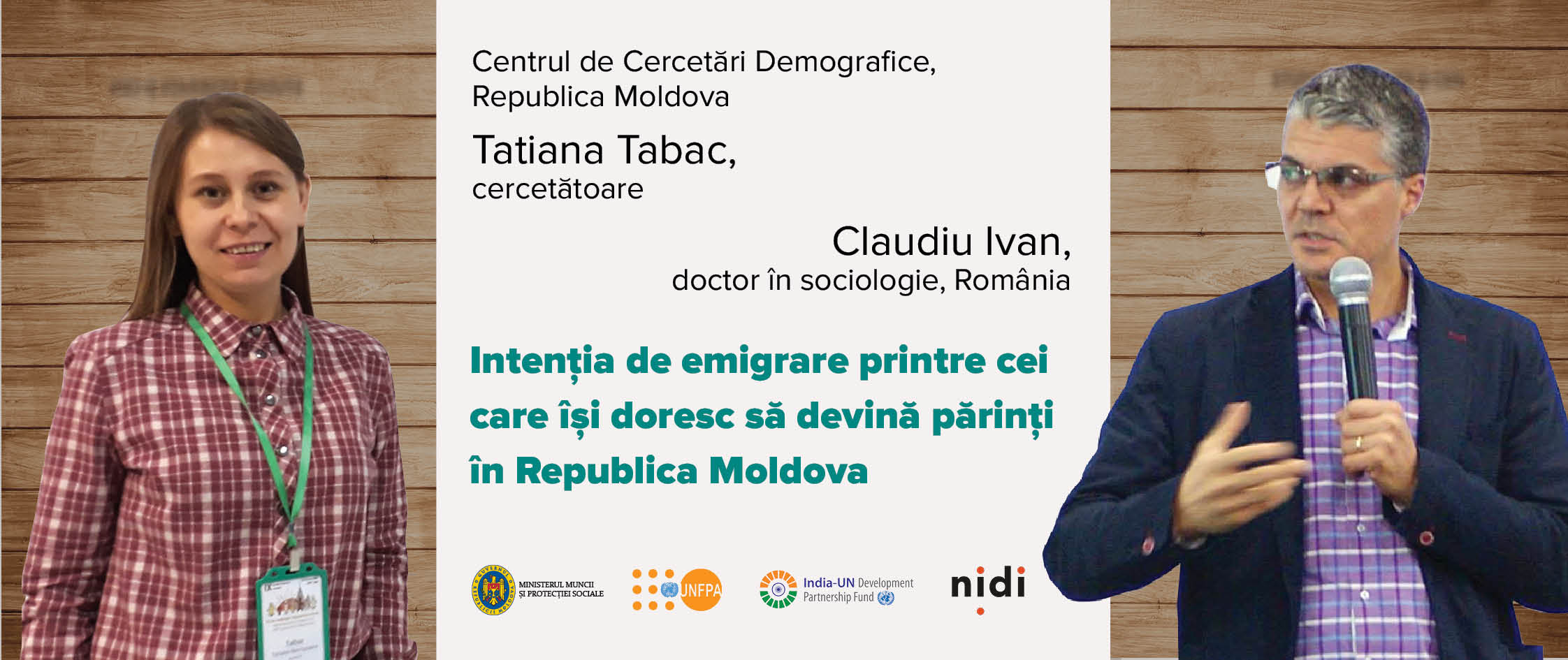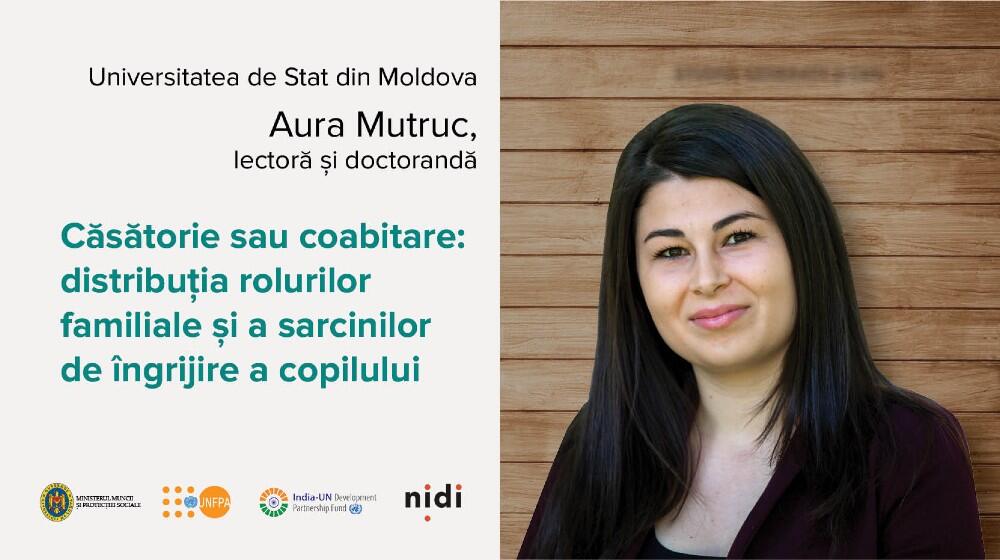Researchers from academia and civil society – five from the Republic of Moldova and four from abroad – are to produce and publish nine in-depth analyses based on data from the Generations and Gender Survey (GGS). These analyses describe the demographic changes and their effects on the quality of life of people in Moldova. Thus, the GGS data are used to understand demographic phenomena such as: fertility and decisions on the desired number of children, relationships between partners and the distribution of household tasks, family life and intergenerational relationships, infertility and access to family planning services, emigration and active ageing, etc.
These analyses are part of the Research Fellowship Programme launched by UNFPA in November 2021 under the Generations and Gender Programme implemented by the United Nations Population Fund (UNFPA) in partnership with the Ministry of Labour and Social Protection (MLSP), the National Bureau of Statistics, the Netherlands Interdisciplinary Institute of Demography (NIDI), with the financial support of MLSP and India-UN Development Partnership Fund.
The in-depth analyses will provide to Moldovan policy makers disaggregated data on demographic change in the Republic of Moldova, so that the authorities can develop population policies that are people-centred and adjusted to their real needs.
At the same time, authorities can use these analyses to identify measures that will turn the demographic crisis into an opportunity to support the country’s development and promote demographic resilience in Moldova.
The researchers participated in various trainings organised with the support of the Netherlands Interdisciplinary Institute of Demography to build their capacity in statistical data processing. National researchers involved in the analysis of GGS data meet weekly to communicate and exchange experiences, which has helped to create a community of researchers from academia and civil society.
The results of the analyses are to be presented in public debates on demographic issues planned for the second half of the year.
See below the titles of the works and their authors:
